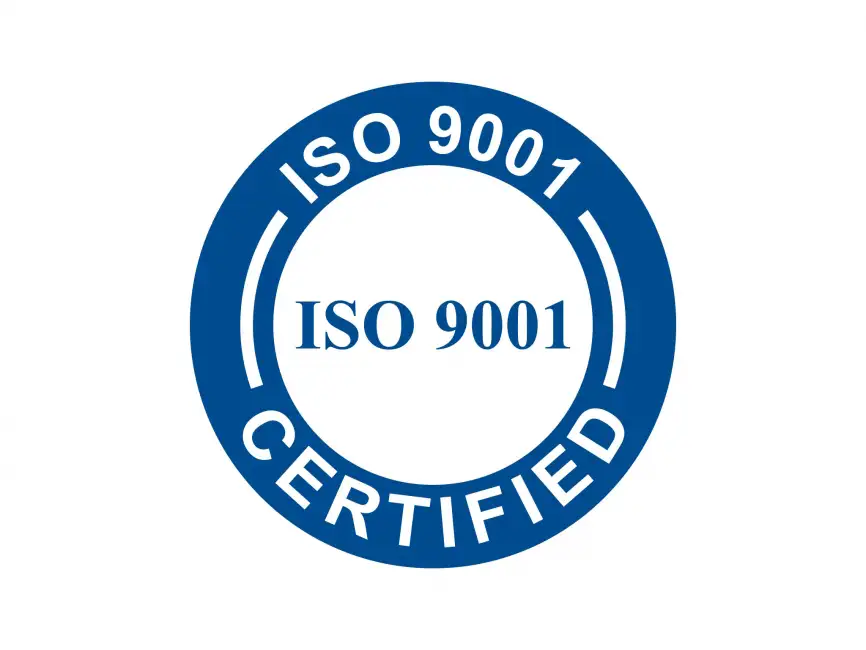
The International Organization for Standardization (known as ISO) is an international organization that creates standard requirements and guidelines to help organizations around the world act more consistently. The ISO organization develops, publishes and maintains more than 22,450 standards through technical committees made up of members from around the world. These standards provide information about designing and building products, performing specific tests, and creating management systems. Its standards provide solutions and best practices for almost all types of technologies and businesses, helping businesses and organizations improve their performance while protecting consumers and the planet.
ISO 9001 is defined as an international standard that defines the requirements for a quality management system (QMS). Organizations use the standard to demonstrate that they can continually offer products and services that meet customer and regulatory requirements. It is the most popular standard in the ISO 9000 series and the only standard in the series that organizations can certify.
The standard was last updated in 2015 and is known as ISO 9001: 2015.
The definition of ISO 9001 is that this standard provides the QMS requirements that must be implemented for a company that wishes to create all of the policies, processes and procedures required to provide products and services that meet regulatory and customer requirements and improve customer satisfaction. Quality Management Systems are the basis of quality assurance activities.
The standard is based on 7 quality management principles, including
- Customer focus
- Leadership
- Engagement of people
- Process approach
- Improvement
- Evidence-based decision making
- Relationship management
BENEFITS OF ISO 9001 CERTIFICATE
Increased revenue: Leveraging the reputation of ISO 9001 can help you win more tenders and orders, while greater efficiency contributes to customer satisfaction and retention.
Improved credibility: When companies are looking for new suppliers, a QMS according to ISO 9001 is often required, especially in the public sector.
Improved customer satisfaction: By understanding your customers’ needs and reducing errors, you will build customer confidence in your ability to deliver products and services
Higher operational efficiency: By following industry best practices and focusing on quality, you can reduce costs.
ISO 9001 Certification
To get ISO 9001 certificate, you need to first finish the implementation. After you have completed all of your paperwork and implemented your processes, your organization must also take these steps to ensure successful certification:
Internal audit: There is an internal audit so you can review your QMS processes. The aim is to ensure that records are in place to confirm compliance with processes and to find problems and weaknesses that would otherwise remain hidden.
Management review: A formal review by your management to assess the relevant facts about the management system processes in order to make appropriate decisions and allocate resources.
Corrective actions: After the internal audit and management review, you need to fix the cause of the identified problems and document how they were solved.
The auditors of the selected certification body check whether your documentation meets the requirements of the ISO 9001 standard. The certification body auditors verify that your actual activities are in compliance with both ISO 9001 and your own documentation by reviewing company documents, records and practices.
ISO Registration
An online ISO application form must be completed with full information and appropriate documents. Documents for ISO registration are company profile, company address proof and years of operation. Every document that must be submitted with the application is once the submission is confirmed, the payment must be made online. Depending on the documents submitted, an ISO audit is carried out for the company, in which the authenticity of the information is checked. The documents are checked. The authority then decides according to established procedures. If the audit is successful, your company will be issued a certificate.



